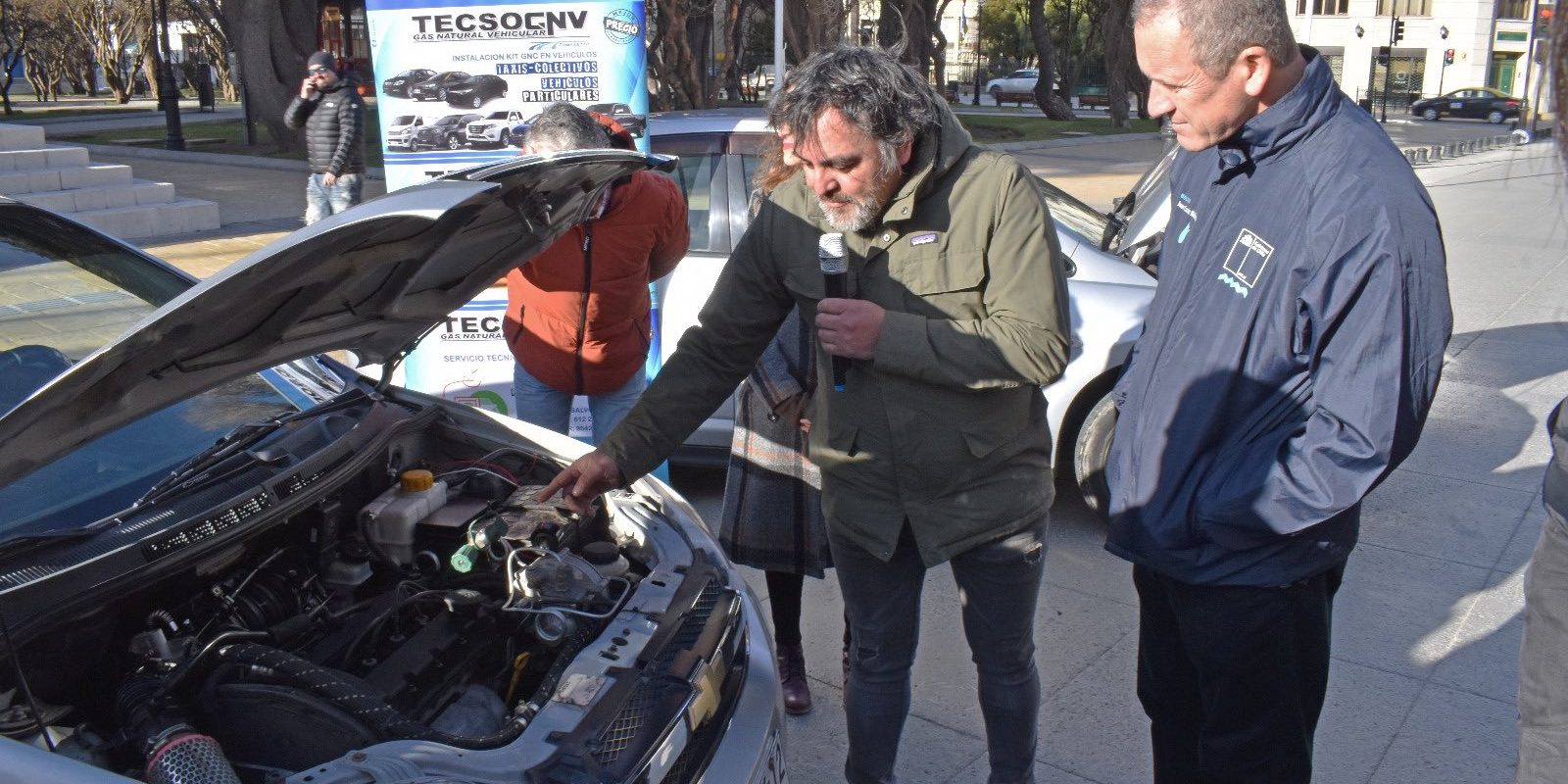The Minister of Transport and Telecommunications Juan Carlos Muñoz Abogabír announced a new decree that modifies the current regulations and allows vehicles that can be converted to CNG to be extended up to 15 years old in Chile. “A significant advance to have a cleaner and cheaper transport, especially for Magallanes”, according to the ministry.
“For our government, it is extraordinarily important to move towards an environment with lower emissions, with greater availability of energy mechanisms that will allow us to move our vehicles in a sustainable way and, at the same time, very important to be able to bear the cost that means the transportation of the different people of the country. There is a strong issue of contributing to a lower economic burden for households and today what we are doing is announcing something that the Magallanes community itself requested with great force,” said the minister.
Muñoz Abogabír also highlighted the efforts of the congresswoman Javiera Morales, who raised the need to advance in being able to extend the type of vehicle that can access conversions to CNG, as well as the efforts from the Seremi (regional ministerial secretariat) of Finance.
“In both cases, they states that was it possible to think that older vehicles could access this conversion, a process that is very convenient for users because today the savings that a driver of a CNG vehicle has is between 70% and 80%. This is very attractive and allows the cost of the investment in the conversion to be paid off quite quickly,” explained the head of Transport.
It was in this context that the ministry carried out a pilot plan, a test of how safe the conversion was, the change it generated in emissions and thus they observed that, in terms of pollution, these converted vehicles generated much less emissions. “So it ultimately translated into an easy decision to make,” he added.
The Regional Governor Jorge Flies also participated in the announcement ceremony in Punta Arenas and said that “it is tremendous news for the Magallanes Region.”
“We have discussed it with the presidential delegate and with the Seremi. We, as a regional government, want to be a part of this, collaborate. And, probably, there are people whose vehicle is their source of work,” he added.






